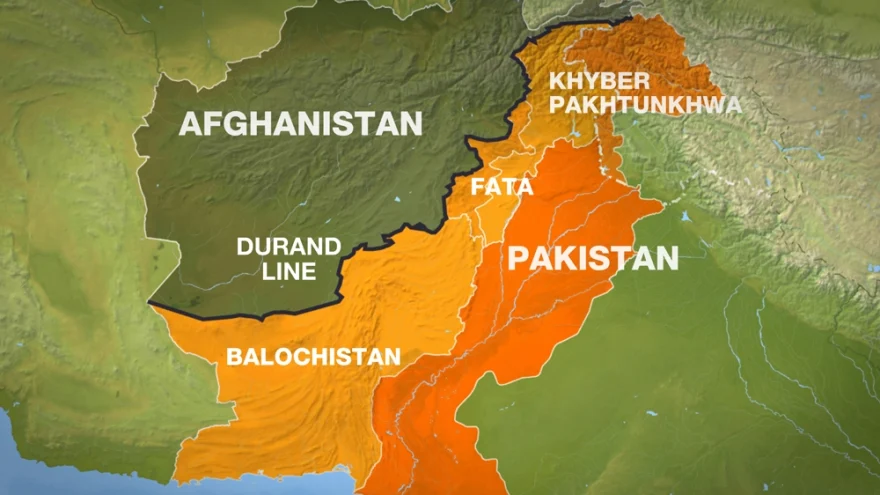Relations between Afghanistan and Pakistan remain strained, with recurring issues leading to heightened tensions. Recently, concerns escalated following airstrikes conducted by Pakistan in Afghanistan last month, and the subsequent assassination of a senior Taliban leader in Pakistan has intensified these worries.
On April 18, Mullah Mohammad Omar Jan Akhundzada, a senior member of the Islamic Emirate and close to the Taliban’s supreme leader, was killed in Balochistan, Pakistan, by unidentified attackers. Akhundzada was visiting his family in Quetta during the Eid-ul-Fitr holidays and participated in local mosque prayers. Holding Pakistani nationality, he resided in Quetta and also taught at a religious school in Kandahar, Afghanistan. Following his death, Taliban spokesperson Zabihullah Mujahid publicly called on Pakistani authorities to take decisive action to address the assassination, labeling the incident as a significant crime.
Quetta has historically been a base for the Afghan Taliban’s leadership council, which managed properties and businesses and directed activities against the U.S.-led forces in Afghanistan from 2001 to 2021. The motives behind Akhundzada’s assassination remain unclear, with some speculating on possible involvement by the Islamic State-Khorasan Province or other entities. Unconfirmed reports have also suggested potential links to Pakistan’s security forces, given Akhundzada’s influential status and connections.
The backdrop to these events includes a series of airstrikes by Pakistan on March 18 targeting the Tehrik-i-Taliban Pakistan (TTP) in Afghanistan’s Khost and Paktika provinces. These airstrikes were a response to a suicide attack in Pakistan that killed several Pakistani military personnel. Pakistani President Asif Ali Zardari expressed a firm stance against cross-border terrorism at the time, emphasizing a robust response to any threats.
Relations between the two nations were initially expected to improve after the Taliban regained control in Kabul in August 2021. However, differences have surfaced over the Taliban’s governance choices and their refusal to align with Pakistan’s expectations. In response to ongoing security concerns attributed to militants based in Afghanistan, Pakistan has taken significant measures, including the expulsion of over a million undocumented Afghan refugees and plans to deport documented ones. This has led to criticisms from the Taliban government, with Defense Minister Mullah Muhammad Yaqoob calling for humane treatment of Afghans in Pakistan.
Pakistan holds the Taliban responsible for failing to control militant activities allegedly staged from Afghanistan, citing a surge in attacks within its borders. The issue has been raised internationally, with Pakistan seeking support from the United Nations Security Council to address these challenges.
As both countries navigate these complex dynamics, the potential for further conflict remains a concern. The recent assassination in Pakistan adds to the already tense relations, with both nations harboring deep suspicions about each other’s intentions and actions.

